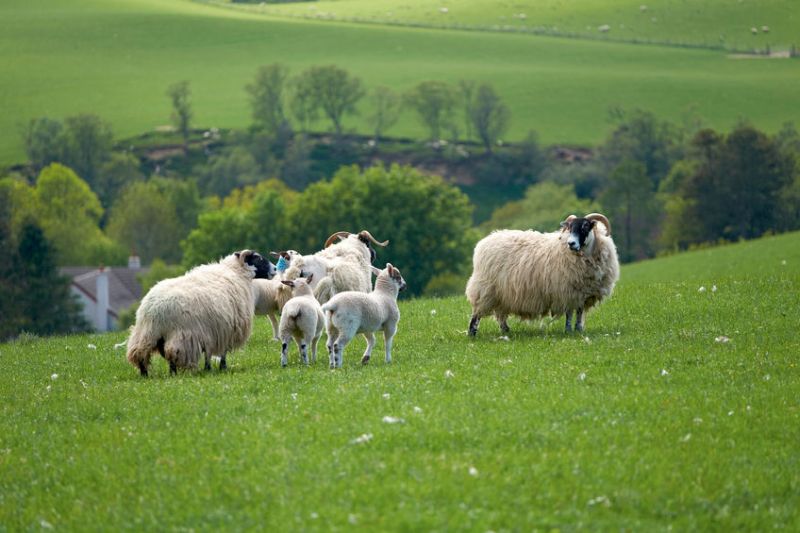
The Scottish sheep sector has urged caution surrounding the recently announced convergence funding as the political landscape could 'change dramatically'.
Farmers have been told to exercise caution when it comes to the £160m fund, announced last month.
In the Chancellor’s spending review on 4 September, he stated: “The government is providing £160 million to farmers in relation to historic allocations of Common Agricultural Policy ‘convergence’ funding.”
The funds have been the subject of a lengthy and concerted campaign to ensure that Scottish farmers received the money they were due.
It started when the EU Multi Annual Financial Framework set out the aim of redistributing CAP payments more equitably across the EU based on average €/hectare.
Under the framework, all countries receiving less than 90% of the EU average would receive a funding uplift.
As the member state, the UK only qualified for an uplift because of Scotland, whose per hectare rate is only 45% of the EU average.
England, Wales and Northern Ireland are all above the 90% qualifying threshold.
After months of patient lobbying from the industry, Scottish farmers are now set to benefit to the tune of £160m.
But the National Sheep Association (NSA) said the issue seems to be turning into a 'developing tension' within the industry.
NSA Scottish Region Chairman Jen Craig is urging members and the wider industry to consider exercising caution.
She said: “Whilst the decision to repatriate the money to Scotland is most welcome, I would urge caution in the face of what seems to be a developing tension within the industry.
“The money has been promised in April 2020 but as we’re all aware the political landscape may change dramatically in that time and there’s no guarantee in the event of a major shift that the money would still come.”
As things stand now the LFASS funding, which is seen as vital to the Scottish sheep industry, is being cut in increments over the next three years and there is no alternative in place at the end of the ‘parachute system’.
Should there be a transition to a new support scheme, the Scottish sheep industry could potentially be left with 20% of the current LFASS budget to work with in formulating a new scheme.
Miss Craig added: “Whilst the funding would provide a needed uplift to business’ it is a one off payment and we mustn’t allow the debate surrounding it to cause tension and division within the industry or to overshadow the need to continue to lobby for the future support for LFA areas.”
